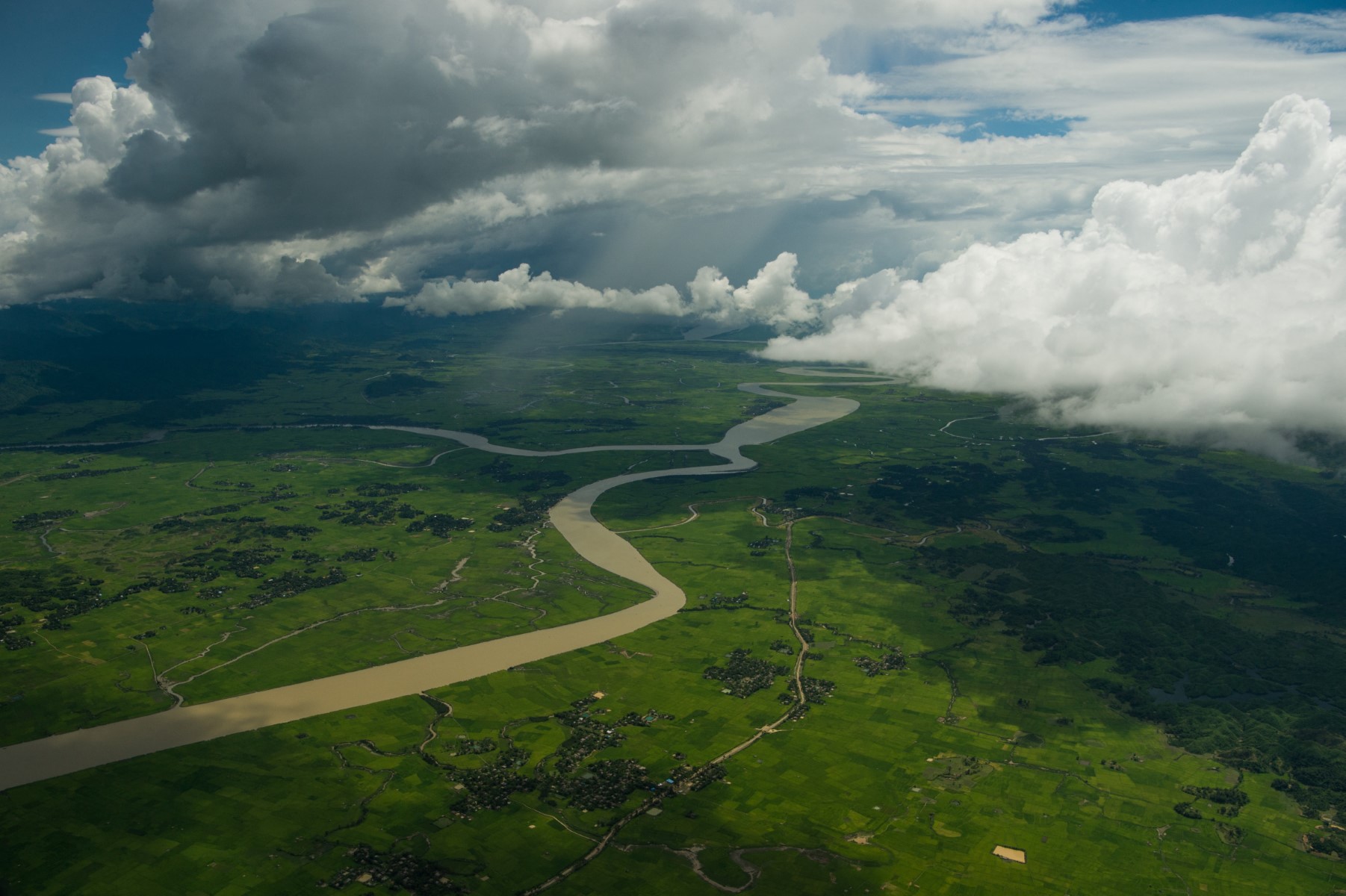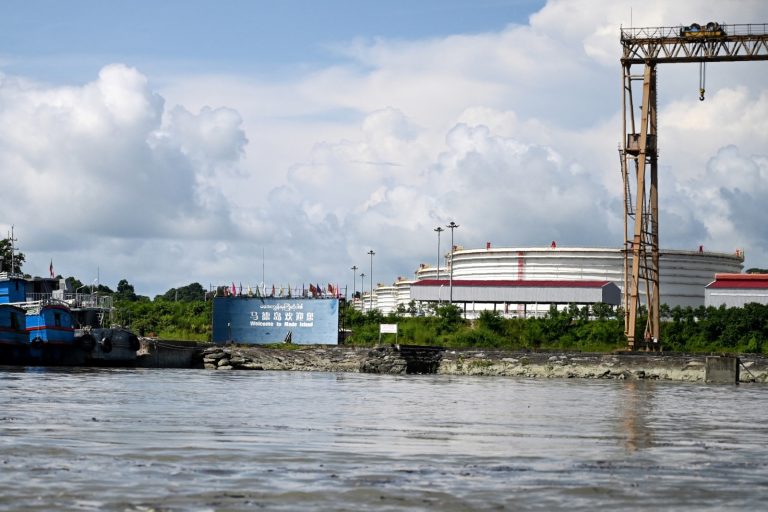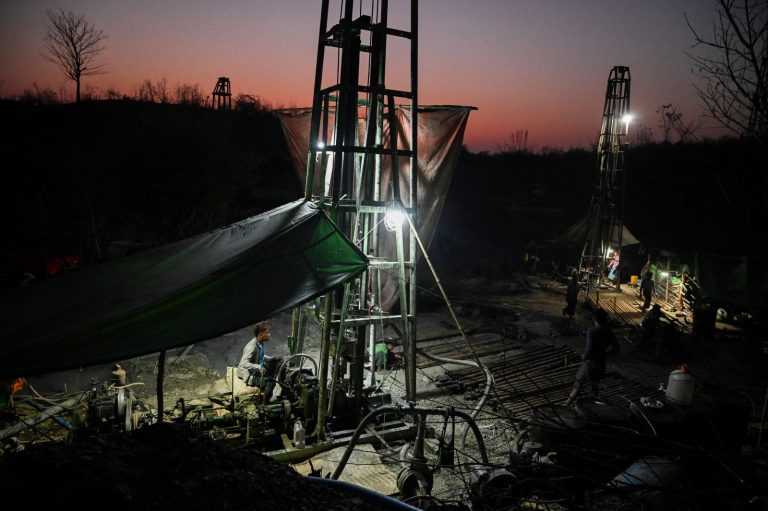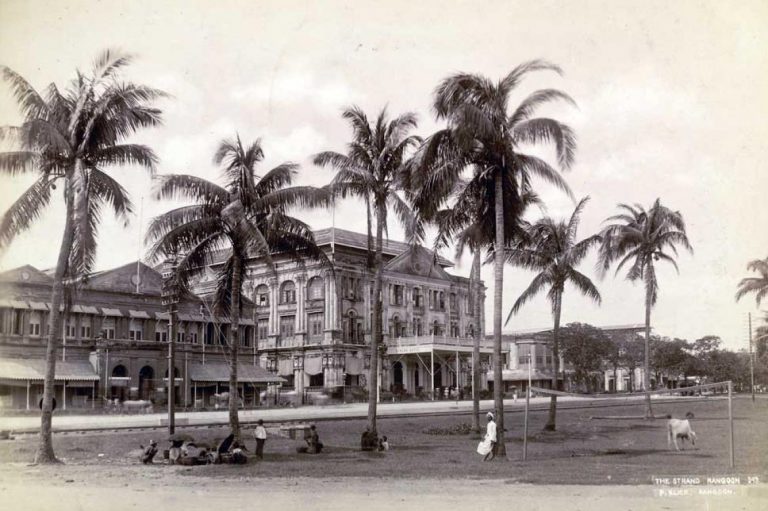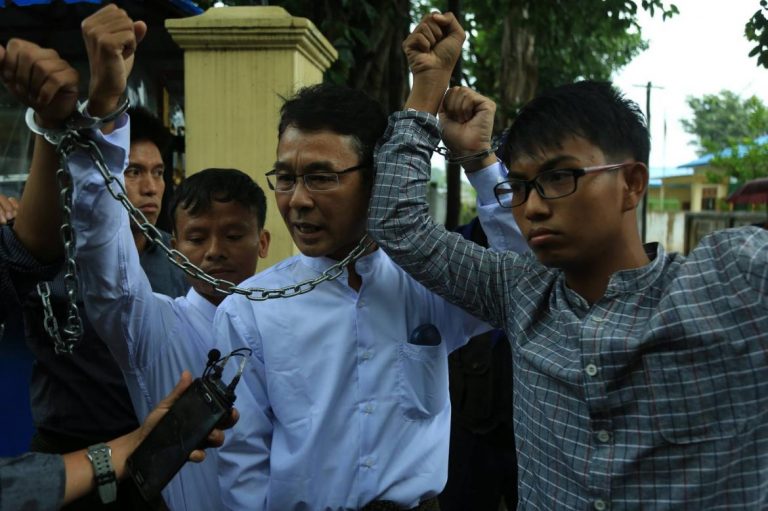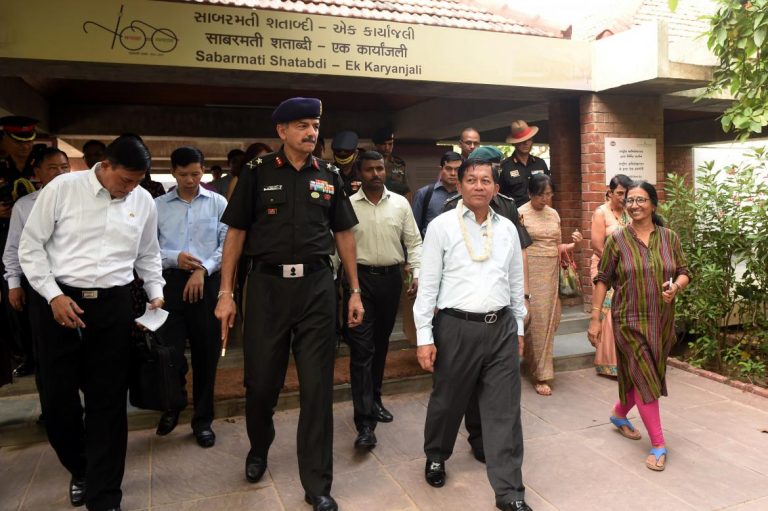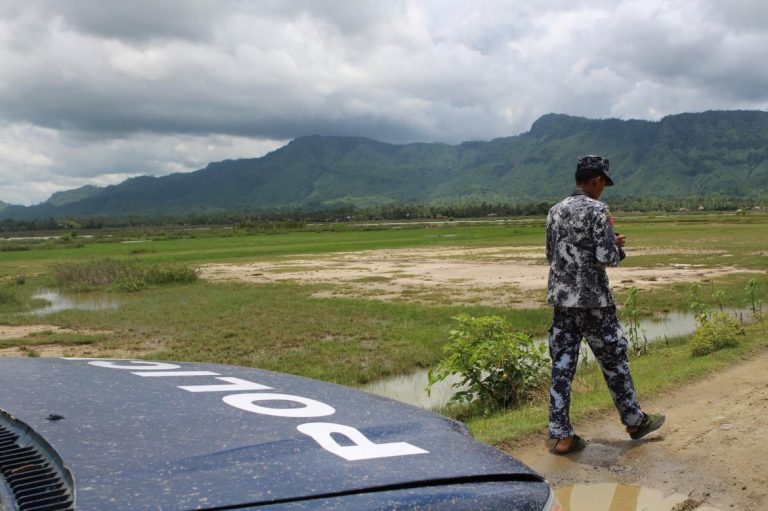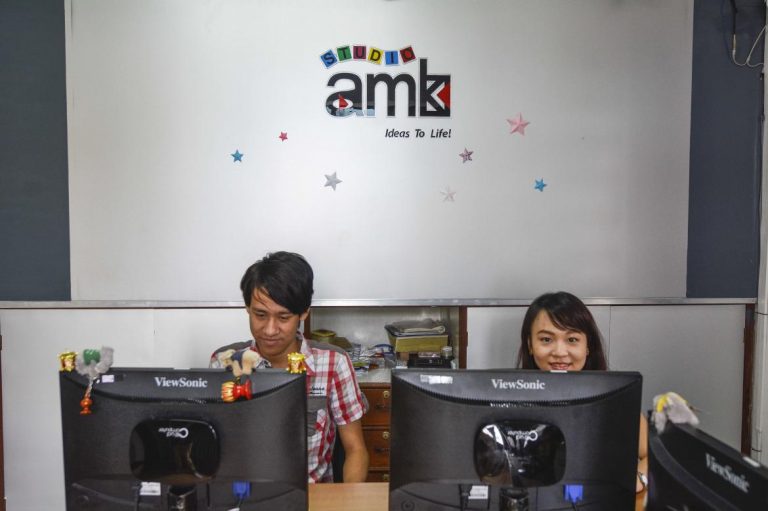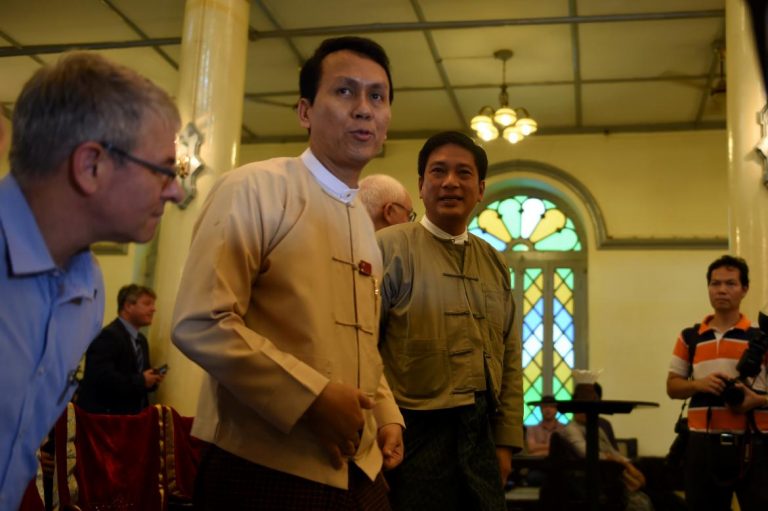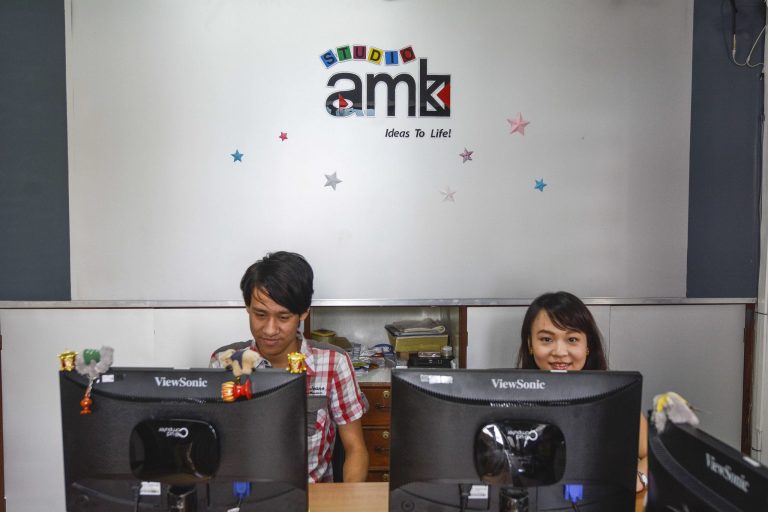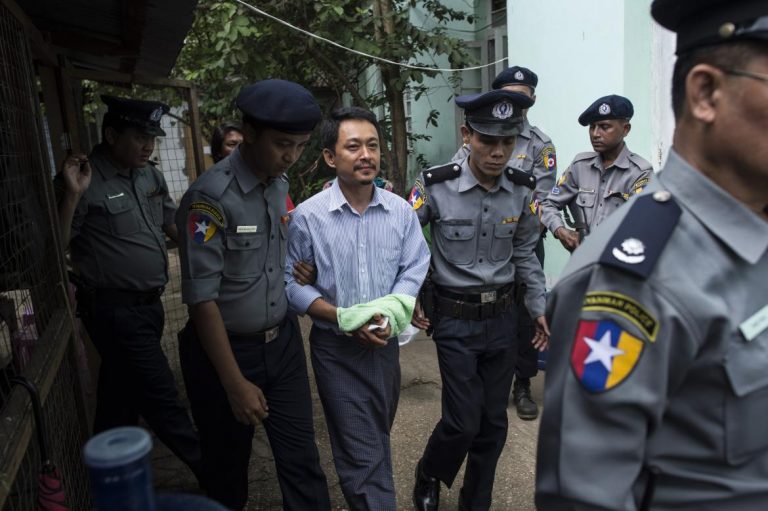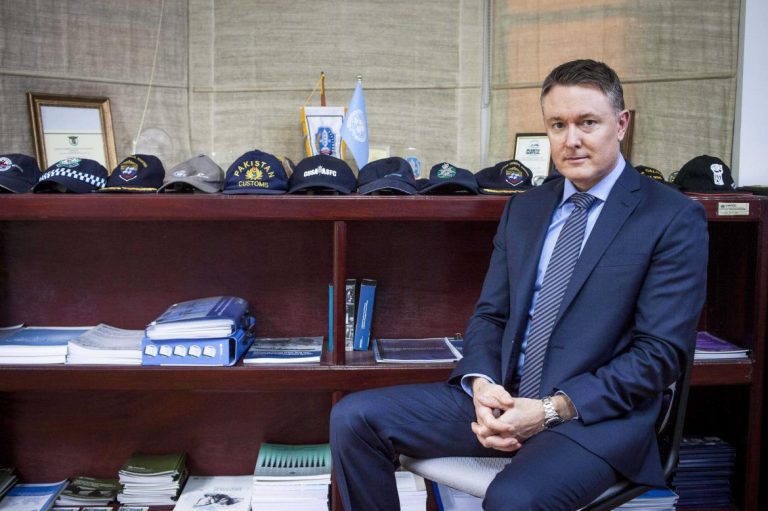The return of Rohingya militants to the state in recent years to fight the Arakan Army has led to a string of alleged abuses against civilians, and has imperilled relations with the Rakhine community.
BY Frontier
The return of Rohingya militants to the state in recent years to fight the Arakan Army has led to a string of alleged abuses against civilians, and has imperilled relations with the Rakhine community.
BY Frontier
Responsible business advocate Vicky Bowman talks to Frontier about the motives and risks of a new law issued by the junta for private security services.
BY Frontier
An escalation of airstrikes on two Magway townships this year has hindered work at small-scale oil wells, which support the local economy and help fund the resistance, and sparked a race to build bomb shelters.
BY Frontier
Consider being a Frontier Member.
Support independent journalism in Myanmar. Become a Frontier member today
The Strand Hotel has known good times and bad, and in a fiercely competitive hospitality industry is selling itself by highlighting its rich history and image of genteel luxury.
Support more independent journalism like this.
Support more independent journalism like this.
Support more independent journalism like this.
BY Oliver Slow
Game developers in Myanmar are filling a gap for locally targeted mobile-based applications that take advantage of growing internet access and improving data speeds.
BY Sing Lee
Support more independent journalism like this.
Game developers in Myanmar are filling a gap for locally targeted mobile-based applications that take advantage of growing internet access and improving data speeds.
BY Sing Lee
A series of high-profile cases against journalists and newspaper executives since 2011 have raised concern that media freedom remains almost as precarious as it was under junta rule.
On June 26, the government commemorated the International Day Against Drug Abuse by burning illicit drugs with a street value of more than US$200 million at a lavish ceremony in Yangon. Despite these publicity stunts, drugs remain a major issue in Myanmar, with the country still the second-largest producer of opium in the world. Frontier’s Oliver Slow spoke to UNODC regional representative Mr Jeremy Douglas about the extent of illicit drug use in Myanmar, measures being taken to improve treatment for users and the agency’s programmes aimed at combatting transnational crime.
BY Oliver Slow
Doh Athan
Doh Athan
Latest Issue
Stories in this issue
Become a Frontier Member
Support our independent journalism and get exclusive behind-the-scenes content and analysis
Get exclusive daily updates
Stay on top of Myanmar current affairs with our Daily Briefing and Media Monitor newsletters.
Join the community
Sign up for our Frontier Fridays newsletter. It’s a free weekly round-up featuring the most important events shaping Myanmar


